The amazing Kate – lives life to the full and speaks up for those who need it (including the bees!)
Kate is a classic Barefooter… so friendly and lovely to have at the clinic and so many amazing stories to tell. We love that she speaks openly about Mental Health and advocates for people getting the help they need. We love when she comes to the clinic there is always laughter, especially when her dog Roxy comes along too! With all the amazing things she does we didn’t even get to ask her about her travels but made sure their were some photos in there 🙂 Questions by Caitlin
1. You wear many different hats, including being involved with Beyond Blue. Tell us what that looks like and why in particular this charity is important to you?
Yes, I do wear a lot of hats, it keeps life interesting. I am very honoured to be on two Project Steering Committees for Beyond Blue and love being involved in the great work they do to support to help everyone in Australia achieve their best possible mental health, whatever their age and wherever they live. My first PSC was Be You, a program that provides educators with knowledge, resources and strategies for helping children and young people achieve their best possible mental health. And, early last year I joined another of their fantastic projects to roll out The Way Back Support Service to more sites across the country, which supports people (for up to three months) who have attempted suicide or experienced a suicidal crisis.
In 2001 I was diagnosed with depression and anxiety which was extremely debilitating, I couldn’t work, couldn’t leave the house on my own and many days I couldn’t leave my bed. Without the support of my husband I am not sure that I would have made it through those really tough times. Thankfully, I got professional help and slowly got back my life. Over the past 20 years I have worked very hard to live a happy life and healthy life and a key to that is using my experience, skills and knowledge to help others.
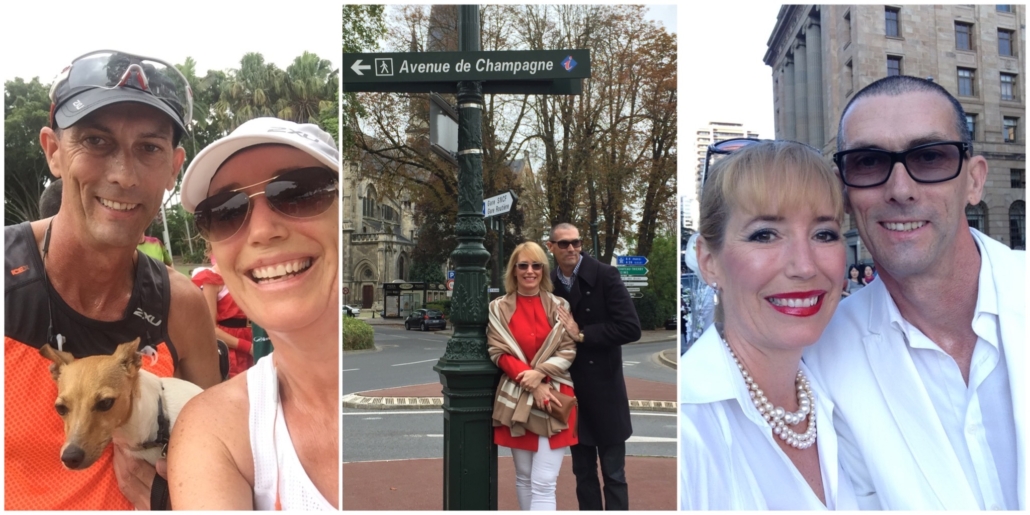
2. One of your other roles is with the UQ Human Research Ethics Committee – can you tell us more about that and how you got involved in it?
One of my amazing neighbours is doing her thesis and was complaining about having to submit a large and somewhat painful application to have her research proposal assessed by an ethics committee. I didn’t know anything about this so asked her more…it sounded very interesting to me as I’ve always been interested in philosophy, morals, ethics and human behaviour. So, I rang the number on the Ethics Committee webpage and spoke to the Coordinator who after looking at my CV invited me to join the Committee. So, the Committee’s job is to protect the mental and physical welfare, rights, dignity and safety of participants of research and minimise the risk of harm arising from research studies involving humans. I love it! I learn something new from each research proposal and even more from the discussions that our diverse committee has.
3. Beekeeping is one of your many hobbies. What is involved in keeping European honeybees and harvesting honey?
Bees are amazing and it’s so exciting how the ‘plight of the bee’ has become a passion for so many people across the globe. I have been fascinated by bees for decades and got our first hive about 7 years ago with the help of bee-mentors (Gordie and his Dad, Don). Our apiary has grown to six; the last being a successful first attempt at a split; 2 were given to us because the owner couldn’t take care of them; 1 was a swarm that we caught; and the other two we purchased as nuc’s. It is a lot of work in the warmer months starting in spring to prepare for a busy summer, and slows by the beginning of winter when there’s less nectar flowing.
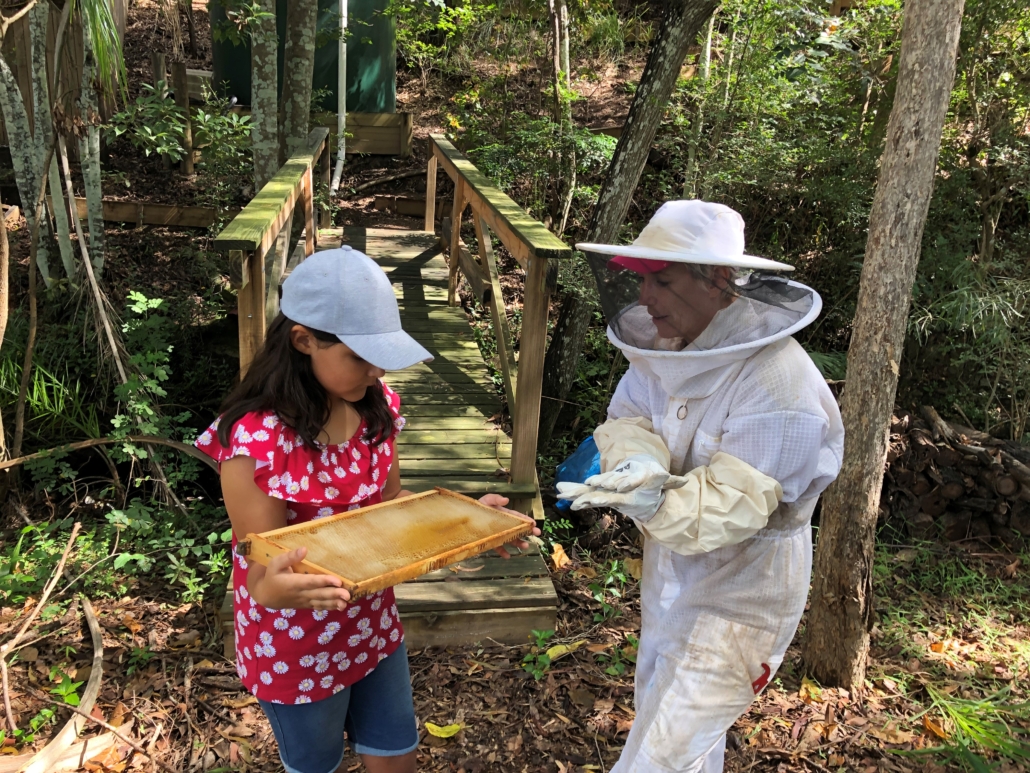
Harvesting honey is my favourite part of beekeeping because I get to admire up close the amazing honeycomb the bees have built and find out what this harvest is going to taste like. You may not realise but the honey tastes slightly different depending on what is flowering at the time, even in my backyard on the side of Mt Coot-tha, the honey tastes and looks different each time. Harvesting takes a full day for us, with a few rest breaks because it’s physically hard work. We collect the frames from the hives, use the hot knife to take off the capping, then spin the frames, then strain and store the honey in large buckets until we’re ready to bottle.
Interesting Bee Fact: Australia is one fo the few countries in the world to remain free of varroa mite, which if they become established in Australia, our healthy population of honey bees and the pollination services they provide could be reduced by 90-100%.
4. You have a condition call fibromuscular dysplasia which can effect a variety of systems in the body. How has it impacted you and what would you like the general public to know/understand about it?
Fibromuscular dysplasia, or FMD is a rare medical condition which creates abnormal cellular growth in the walls of arteries, most often renal and carotid. My FMD is in both carotid arteries and looks like a beaded necklace rather than the smooth straw appearance they should have. It is most common in women between the ages of 40 and 60. Complications and symptoms of the disease include aneurysms, dissections, high blood pressure, strokes/TIAs, headaches, pulsatile tinnitis as well as many other yet to be researched symptoms that are known throughout the FMD community.
I discovered I had it when I temporarily lost peripheral vision in my left eye which as you can imagine was quite frightening, although not as frightening as finding out that you have an incurable disease that is virtually unknown. I am blessed to have very few symptoms with medication and careful management of my health and stress. I am working on a book about my experience with FMD to try to raise awareness of the disease as we are in desperate need for research on the topic, so much is unknown and very few medical practitioners have even heard of it. I am extremely excited that world renowned FMD specialist, Professor Jason Kovacic has returned to Australia from Mount Sinai Hospital in New York, to further his cardiac research at the Victor Chang Cardiac Research Institute. Exciting times ahead.
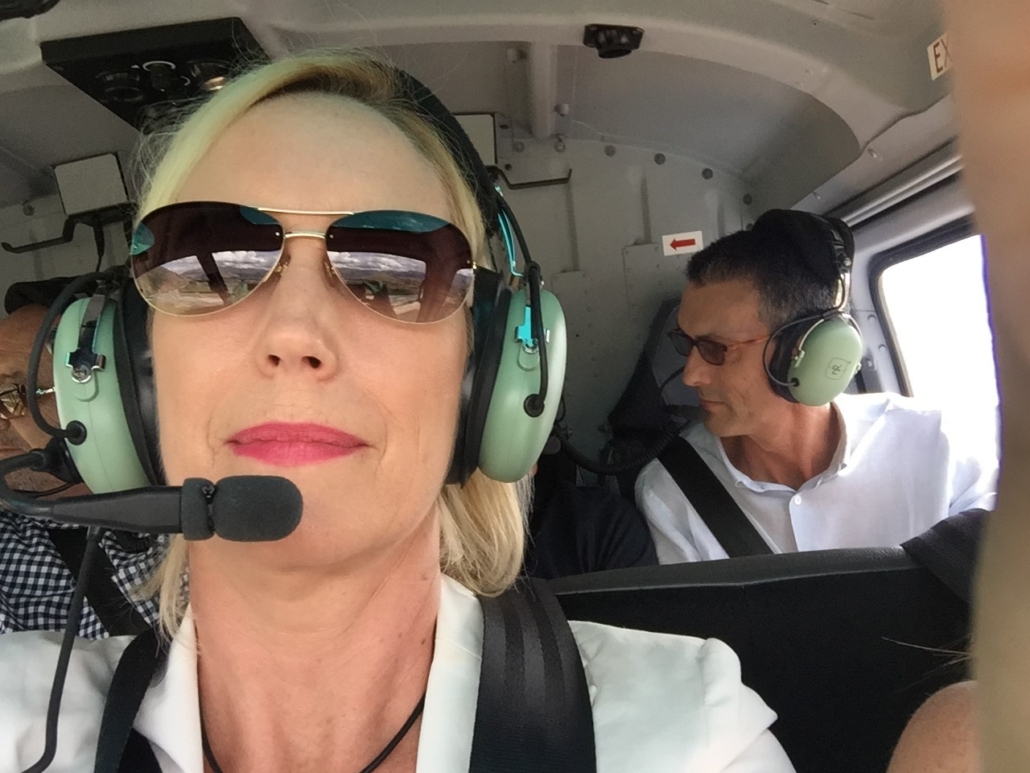
We love reading and sharing Barefooter stories – if you would like to read others CLICK HERE
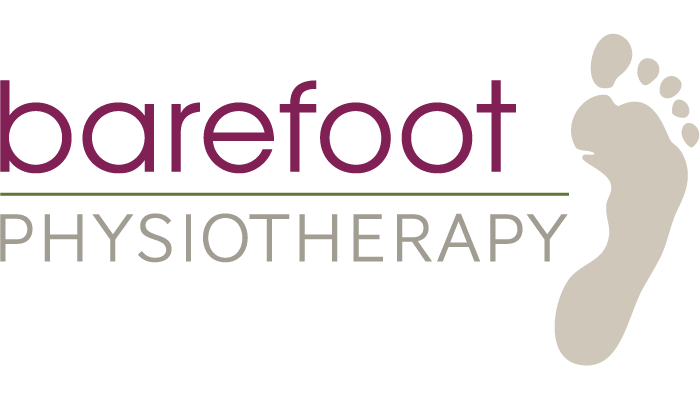
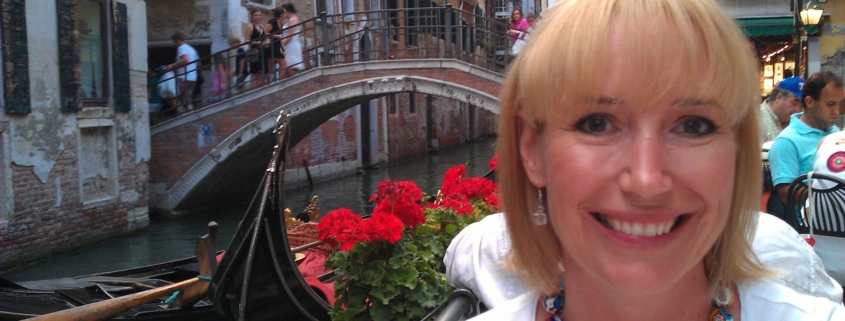






Leave a Reply
Want to join the discussion?Feel free to contribute!